If you are looking for a dual diagnosis treatment center near Lansing, MI, you have come to the right place. Treatment for dual diagnosis can be challenging to find, but we can help. In this blog post, we will discuss finding a dual diagnosis treatment center near Lansing, MI, and what to look for when choosing one.
Liberty House Recovery is a luxury drug and alcohol rehab in Michigan. Contact us today to learn more about available treatment options.
What is Dual Diagnosis?
Generally, the term dual diagnosis is used to describe someone with both a mental health disorder and a substance abuse disorder.
This can be a complex condition to live with, as both disorders can feed off each other and make the other worse. For example, someone with depression may turn to alcohol to self-medicate, leading to alcoholism.
Or, someone with an anxiety disorder may use drugs to cope, which can lead to addiction.
It is essential to find a treatment center specializing in dual diagnosis, as they will be able to treat both disorders simultaneously.
What Are Common Co-Occurring Disorders?
Depression
Overall, depression is a frequently seen mental health disorder that can lead to substance abuse.
People with depression may turn to drugs or alcohol to try and self-medicate, which can lead to addiction.
Anxiety
Anxiety is another common mental health disorder that can often lead to substance abuse. People with anxiety may use drugs or alcohol to manage symptoms triggered by anxiety.
PTSD
Likewise, PTSD is a condition that can often co-occur with substance abuse. People with PTSD may seek drugs or alcohol to mask triggers associated with PTSD.
How to Treat Dual Diagnosis Disorders?
Cognitive Behavioral Therapy (CBT)
First, cognitive behavioral therapy (CBT) is a type of therapy that can effectively treat dual diagnosis disorders.
CBT focuses on changing how you think and behave, which can help change how you cope with your disorders.
Dialectical Behavior Therapy (DBT)
Next, dialectical behavior therapy (DBT) is another type of behavioral therapy that can effectively treat dual diagnosis disorders.
DBT focuses on teaching you how to cope with your emotions healthily, which can help reduce the urge to self-medicate.
Medication
Furthermore, medication can be an effective treatment for dual diagnosis disorders.
Many different types of medication can be used to treat both mental health disorders and substance abuse disorders.
Some commonly used medications are anti-depressants, anti-anxiety medications, and antipsychotics.
Assertive Community Treatment (ACT)
Another form of treatment, assertive community treatment (ACT), focuses on helping you to live and function in the community.
This can be an effective treatment for dual diagnosis disorders, as it can help you to stay connected to support and resources.
Contingency Management (CM)
Next, contingency management (CM) is a type of treatment that uses rewards to help you stay on track with your treatment goals.
This can be an effective treatment for dual diagnosis disorders, as it can help to motivate you to stay in treatment and abstain from substances.
Contingency management uses a point system, where you can earn points for abstaining from drugs and alcohol and then trade those points for rewards.
Brief Strategic Family Therapy (BSFT)
Brief strategic family therapy (BSFT) is a type of family therapy that can effectively treat dual diagnosis disorders.
With brief strategic family therapy, clients work with a therapist to identify and change dysfunctional family patterns.
This can be helpful, as it can help to improve communication and increase support within the family.
Multidimensional Family Therapy (MDFT)
Similarly, multidimensional family therapy (MDFT) is another type of family therapy that can effectively treat dual diagnosis disorders.
MDFT focuses on clients and their families and uses a team approach to treatment. This can be helpful, as it can provide support and understanding from multiple people.
Multisystemic Therapy (MST)
Finally, multisystemic therapy (MST) is a type of therapy that can effectively treat dual diagnosis disorders.
MST focuses on helping you to change the way you think and behave, which can help to reduce your symptoms and improve your overall functioning.
Liberty House Recovery is a Dual Diagnosis Treatment Center in Lansing, MI
Liberty House Recovery is a Lansing dual diagnosis center.
We offer a variety of evidence-based treatment modalities to help our clients recover from dual diagnosis disorders.
These modalities include individual therapy, group therapy, family therapy, and medication management.
We also offer a variety of amenities and activities to help our clients relax and feel comfortable during their treatment.If you or someone you know is suffering from a dual diagnosis disorder, don’t hesitate to get in touch with us. Contact us today to learn more about our drug treatment centers in Michigan.


